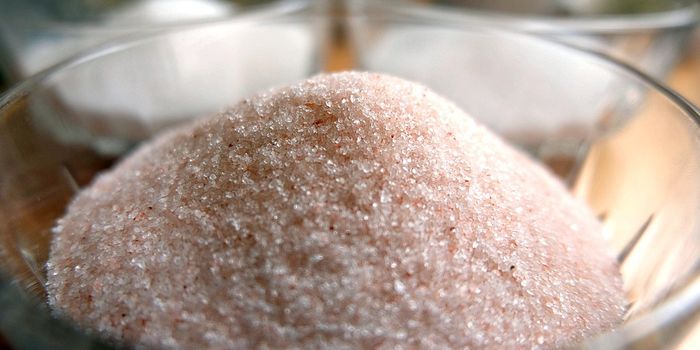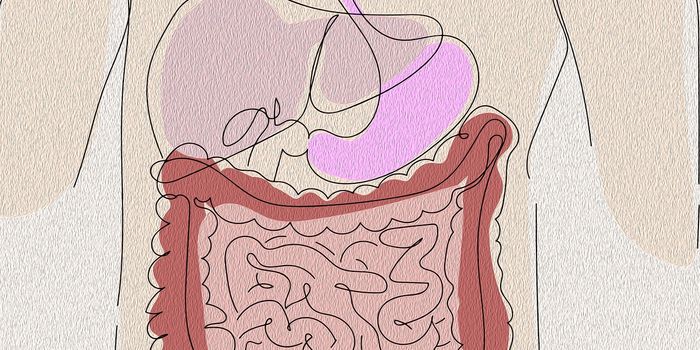Stop Nagging Your Kids To Eat Their Veggies
Every parent wants their children to be healthy. Parents research vaccines, foods, healthcare and so much more. Food can become a battleground however since many children are "picky eaters."
While veggies like kale or lima beans are healthy and nutrient dense, they don't get the kids running to the table the way a fresh batch of chocolate chip cookies might. So, should food be the hill a parent decides to die on, or should they just let go of the nagging and cajoling?
A recent study from the University of Michigan looked at the issue of parental pressure on children's food choices. Not surprisingly, harping at kids to eat healthy and pushing foods they don't like and having kids who are picky eaters go together like peas and carrots. The study had several goals. With childhood obesity rates being on the rise, the team wanted to see if food pressures increased weight gain or if providing healthy food would impact the pickiness of children. The questions surrounding food and picky tastes are many. If a child is a picky eater will that prevent them from learning how to make healthy choices and cause them to become overweight? If parents let children make their own decisions on what to eat, what happens to their overall health?
Another concern was whether or not nagging a child about food and insisting that certain foods be eaten, regardless of whether or not a child likes them, would negatively impact the parent-child relationship. Parents are told continuously that sitting down to a meal as a family is vital for creating a healthy environment for children, but if mealtimes are stress-filled over food choices, are the positive effects of a family meal negated?
Julie Lumeng is the director of the U-M Center for Human Growth and Development and a physician at C.S. Mott Children's Hospital. She led the work and explained, "In a nutshell, we found that over a year of life in toddlerhood, weight remained stable on the growth chart whether they were picky eaters or not. The kids' picky eating also was not very changeable. It stayed the same whether parents pressured their picky eaters or not. Then we asked if pressuring led to a decrease in picky eating, and it didn't. There was no link between pressuring and picky eating and any of these other outcomes."
The term "picky eater" is not used by scientists, but rather children who have limited foods they like are referred to as "selective eaters" or "choosy." For whatever reason, some children have tastes that do not always run to the healthy veggies, fruits and lean proteins that are best for them. While many parents worry that catering to choosy eaters will result in spoiled children, Lumeng doesn't think it works that way. In a press release from the university, she recalled a memory from her own childhood that concerned food. Her mother served everyone at the table peas with dinner, but she was given carrots. She was puzzled at first, but her mother told her, "I'm serving you carrots because you don't like peas." Lumeng said the simple act made her feel "very loved and respected" since her mother not only knew what she liked but was willing to offer it at a meal, even if it meant a bit of extra work.
Appetite in children is a topic that is researched quite a bit. When the U-M team compared their findings to similar studies, they were not surprised to find that other groups had similar results. Having battles over food choices is no way to spend a family meal, so while having selective eaters in the house is challenging, letting them be is unlikely to cause them any harm, and it makes for much calmer meals. Check out the video to learn more about food nagging and why it's not a good idea.
Sources: University of Michigan Science Direct









